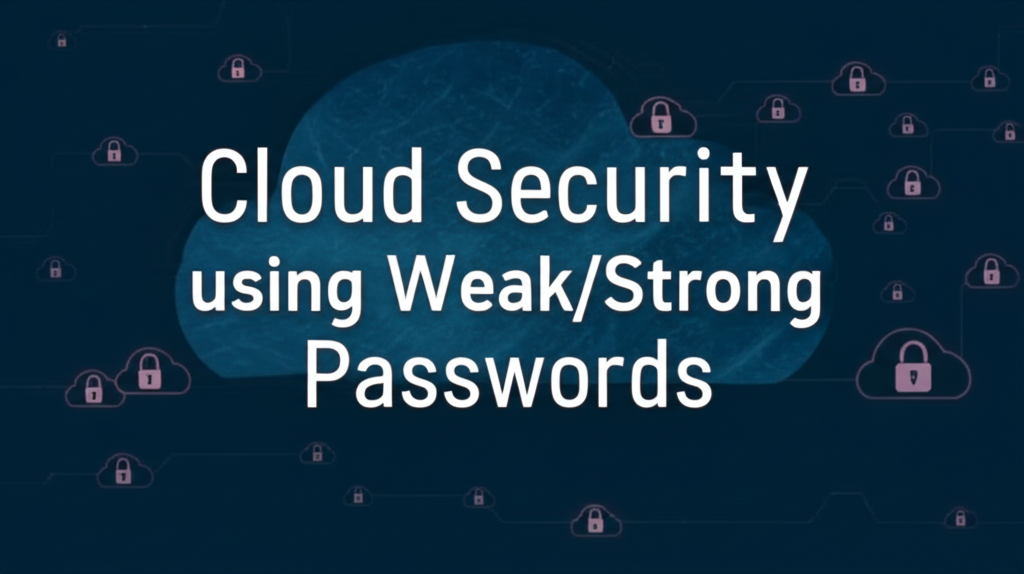
Bridging the Generation Gap with Healthy Living
Healthy living is a journey, not a destination. It's a continuous process of learning, adapting, and making choices that support our physical, mental, and emotional well-being. But in today's fast-paced world, filled with conflicting information and differing opinions, it can be challenging to find a path that works for everyone, especially when bridging the generational divide. This blog post explores the unique perspectives of different generations on healthy living and offers strategies to create a healthier and more unified approach.
The Millennial Mindset: Millennials often prioritize convenience and sustainability. They're drawn to quick, healthy recipes, plant-based options, and fitness apps that fit their busy schedules. They are also highly conscious of environmental impact, favoring locally sourced, organic foods and eco-friendly practices.
Gen X's Balanced Approach: Gen Xers value balance and practicality. They may not always have time for intensive workout regimes, but they often appreciate activities they can incorporate into their daily routines, like walking or cycling. Their approach to healthy eating tends to be more flexible, focusing on portion control and incorporating a variety of food groups.
Baby Boomers' Traditional Values: Baby Boomers often grew up with a different understanding of healthy eating, perhaps less focused on trendy diets. They might prioritize traditional cooking methods, family meals, and emphasize the importance of regular check-ups with their doctors. Exercise may involve activities like gardening or leisurely walks.
Bridging the Gap: While each generation has its own approach, there's common ground. The core principles of healthy living – balanced nutrition, regular exercise, stress management, and adequate sleep – remain consistent regardless of age. Here are some strategies to bridge the generational gap:
- Open Communication: Start a conversation! Share your healthy living practices and listen to the experiences and perspectives of others. Avoid judgment and focus on finding common ground.
- Shared Activities: Engage in healthy activities together. This could be a family walk, cooking a healthy meal together, or trying a new fitness class.
- Flexibility and Compromise: Recognize that everyone's needs and preferences are different. Be willing to adapt and compromise to find activities and eating plans that work for everyone.
- Education and Collaboration: Share information and resources. Learn from each other's experiences and work together to create a healthier lifestyle for your entire family or community.
- Focus on the Positive: Celebrate successes and encourage each other. Positive reinforcement can help maintain motivation and create a supportive environment.
Conclusion: Healthy living is a multifaceted journey that requires continuous effort and adaptation. By understanding and respecting the different perspectives of each generation, we can foster a more inclusive and collaborative approach to wellness. The key is open communication, shared activities, and a willingness to learn from each other. By embracing our differences and finding common ground, we can build a healthier future for ourselves and generations to come.
Hashtags:#healthyliving #generationalgap #wellness #nutrition #exercise Labels: healthyliving,generationalgap,wellness,nutrition,exercise
